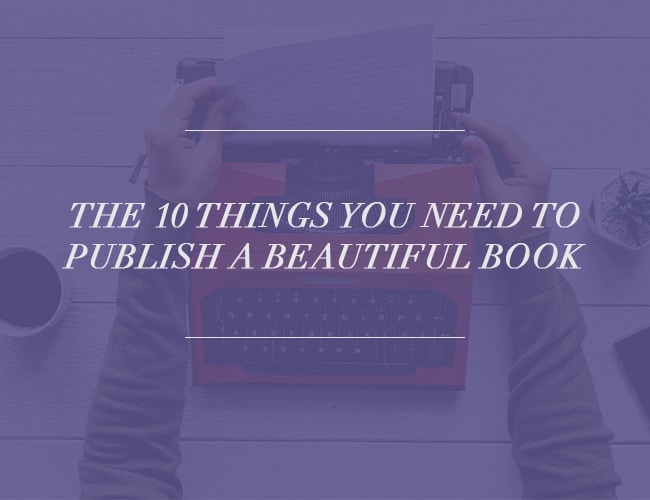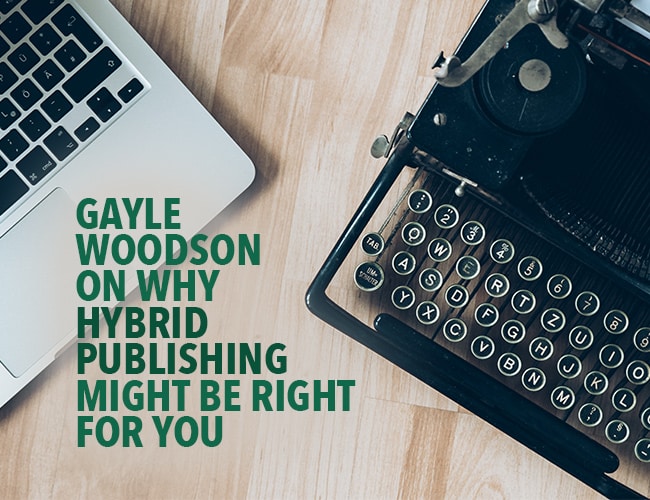
by Sarah Gribble |
The point of writing, for most people, is to share that writing with the world. The problem is getting your writing into the hands of readers can be such an intimidating and confusing process that a lot of writers simply give up. This month’s interviewee talks about one option for sharing your writing: working with hybrid publishers.
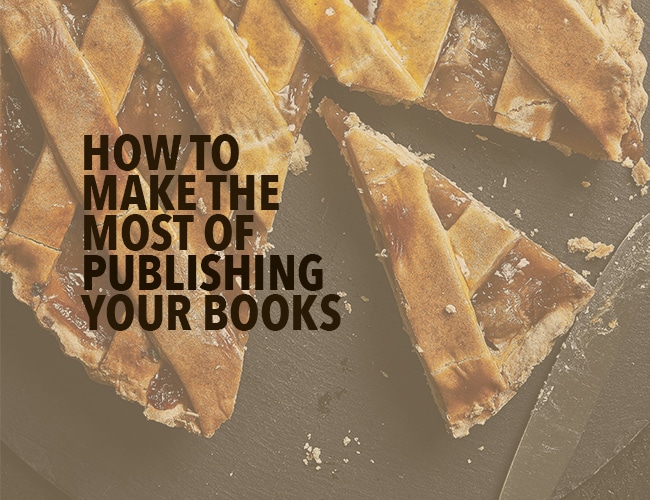
by Joslyn Chase |
Are you making the most of your writing, sharing it in all possible formats and getting it in the hands of readers? Your writing is more expansive than you might imagine. Here’s how to make the most of it.
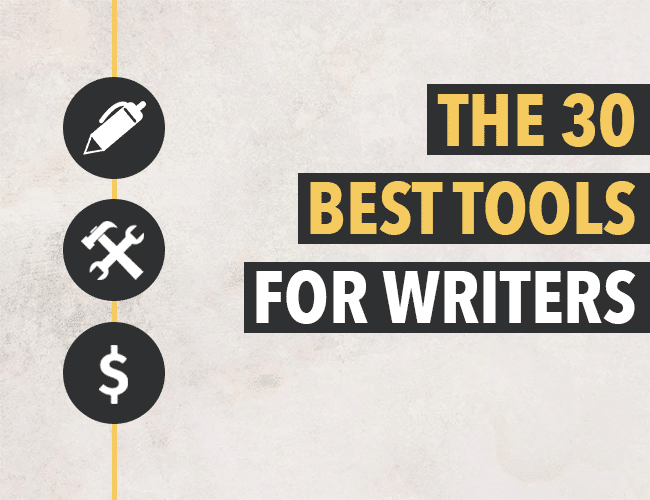
by Joe Bunting |
If you want to write a book, you need the right tools for the job. But what are the best tools for writers? We get asked that all the time.
Whether you’re ready to write, publish, or market your book, there are hundreds of resources you could use. They’re not all equal, though. Some will help you make your book better than you’d ever dreamed, and others, well, won’t.
I want to help you find the best tools for your writing, too. I’ve put together a roundup of the thirty best tools for writers at every stage of the writing and publishing process.
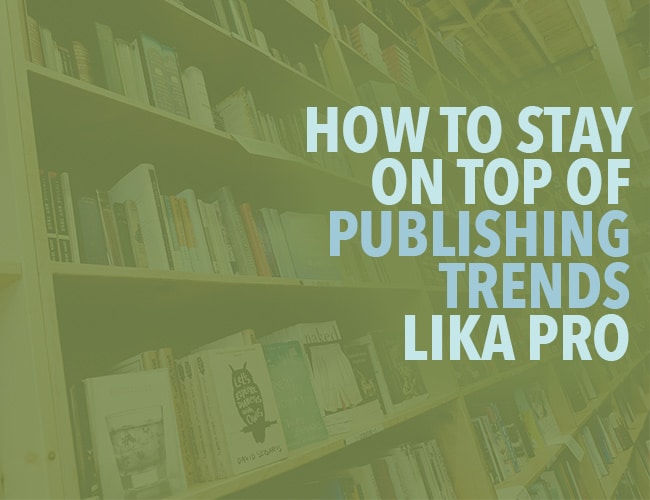
by Jeff Elkins |
While it can take years to write and edit a book, the state of publishing and marketing seems to change monthly. With the pace of at which publishing is evolving, it isn’t enough to know what is happening right now. We need to be able to anticipate what is coming.
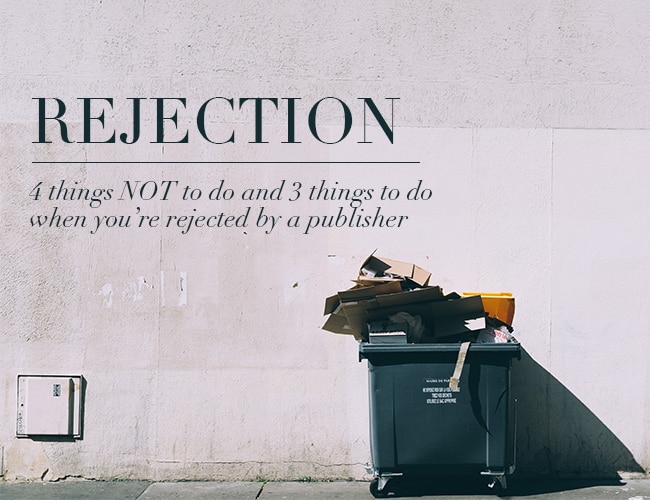
by Jeff Elkins |
Rejection may be one of the hardest parts of writing. After pouring our lives into our manuscripts, it feels personal when someone tells our work isn’t good enough. Even if we know in our minds how to handle rejection, our hurt and disappointment can make us want to lash out.
Additionally, when we are submitting something the size of a novel, we are offering up something that represents years of our lives. To have it dismissed with a form email may make you question if you’ve been wasting your time.
When we are feeling rejected, we may be tempted to lash out. But that’s not a healthy way to process rejection. Here’s what to do (and what not to do) instead.




